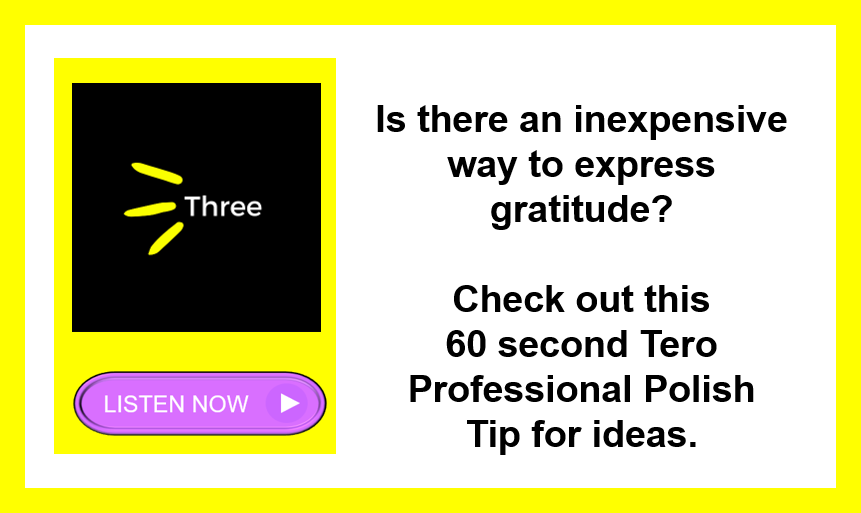
Do you handle conflict well, or avoid it at all costs? Are you good or bad at handling your emotions under stress? What about communicating with inclusivity or dealing with change?
Think about how you use these tools every day – and then think about how your family used them when you were growing up. If you have a family that always worked through conflicts together, there’s a pretty good chance you’re more naturally talented at handling workplace conflict than, say, someone whose family never discussed conflict. A Harvard Business Review article titled “How Family Dynamics Shape Your Work” examined how often unbeknownst to us our childhood family experiences influence our work behavior.
It’s not the easiest thing in the world to recognize that some of our behavior might have been ingrained during childhood. We write off certain behaviors by saying “that’s just the way I am,” and we sometimes flat-out deny those behaviors.
The same goes for supervisors and colleagues. Do they communicate directly or indirectly? Do they encourage debates or shut them down?
If so, they might be repeating patterns that they learned during childhood. And in turn, their behavior might remind you of a parent’s or sibling’s behavior from your childhood, which affects how you respond.
What values and beliefs has your family passed on to you? Religion? Politics? Loyalty or hatred of certain sports teams?
If we can inherit those things from our families, it also means we learned from them how to have needs met, how to communicate and how to process emotions.
Can we do more than just accept or deny behaviors that cause us problems at work? Can we unlearn negative behavior from our upbringing?
We can, by realizing much of our personalities come from our family and upbringing.
If you think childhood issues are affecting you now, here are a few questions you might ask yourself.
- Did your family speak their minds openly or keep a lot to themselves?
- Did you feel comfortable expressing emotions among your family?
- How did your parents respond to stressful situations?
- Finally, what was your role within your family?
Then evaluate how you behave at work. It might help to ask a co-worker or friend you trust whether you’re committing any behaviors that might be worth changing. You might notice some patterns in early family events and how you behave now.
The final step is to make conscious changes. You can start doing that by simply beginning to act out new behaviors. Just starting to act in new ways can help you grow into and feel more comfortable with new behaviors.
All of this might seem like hard work, but it’s worth it. Once you know what childhood experiences have affected you, you can start to make improvements.






















